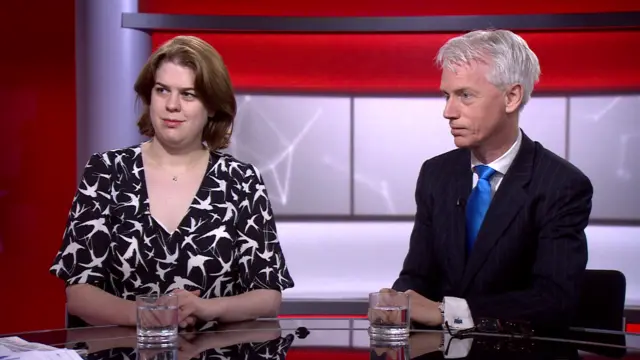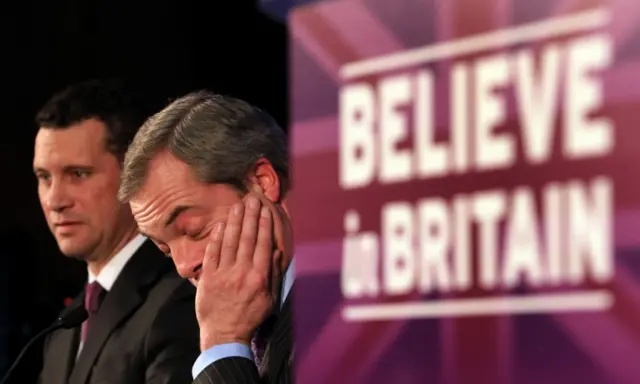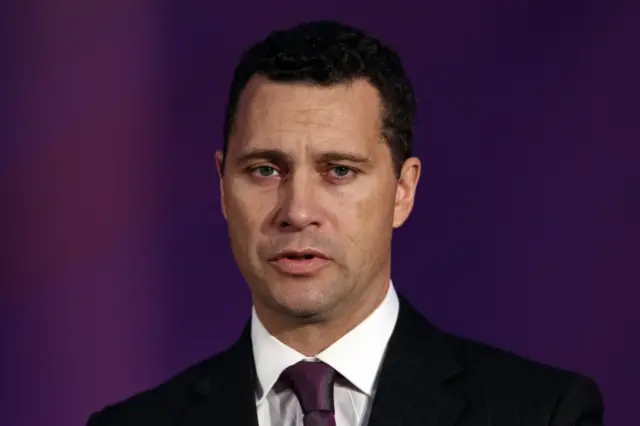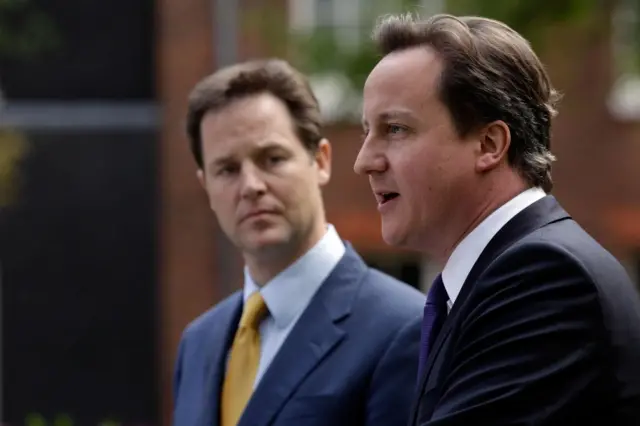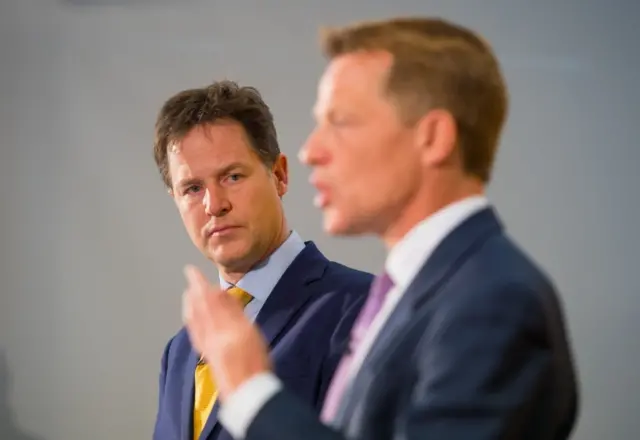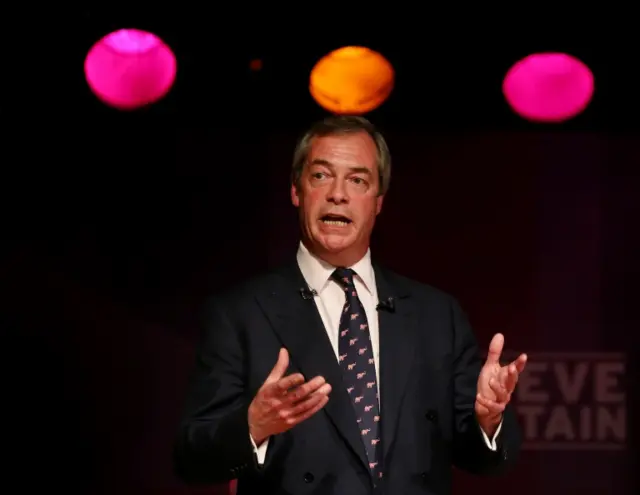A word from 'God'published at 08:55
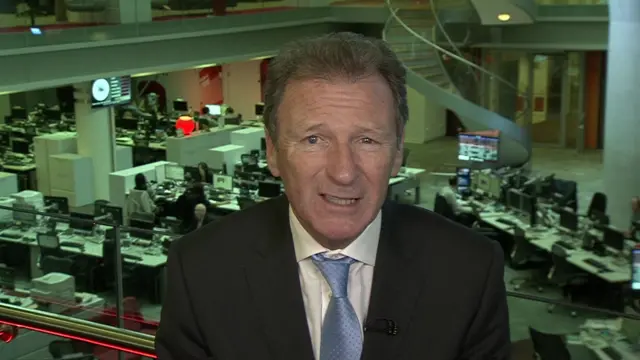
Gus O’Donnell, the former cabinet secretary who oversaw 2010’s coalition talks as the head of the civil service, says last time round was “a piece of cake compared to what might happen this time”. He says the civil services will be preparing for different scenarios - including supply-and-confidence deals and minority government options, too. “What you’re trying to get to is a stable, effective government,” Lord O’Donnell says on the Today programme. “For each option, how do you turn that into effective government?” He points out there were more minority and coalition governments than not in the first half of the 20th Century. “How do you manage government when you don’t want to go to the Commons with fewer contentious votes? You might have fewer laws… it could be good.” Appearing on the News Channel, he adds that “you just have to ensure there’s some kind of agreement at the start on the areas where the different parties will back each other.”

